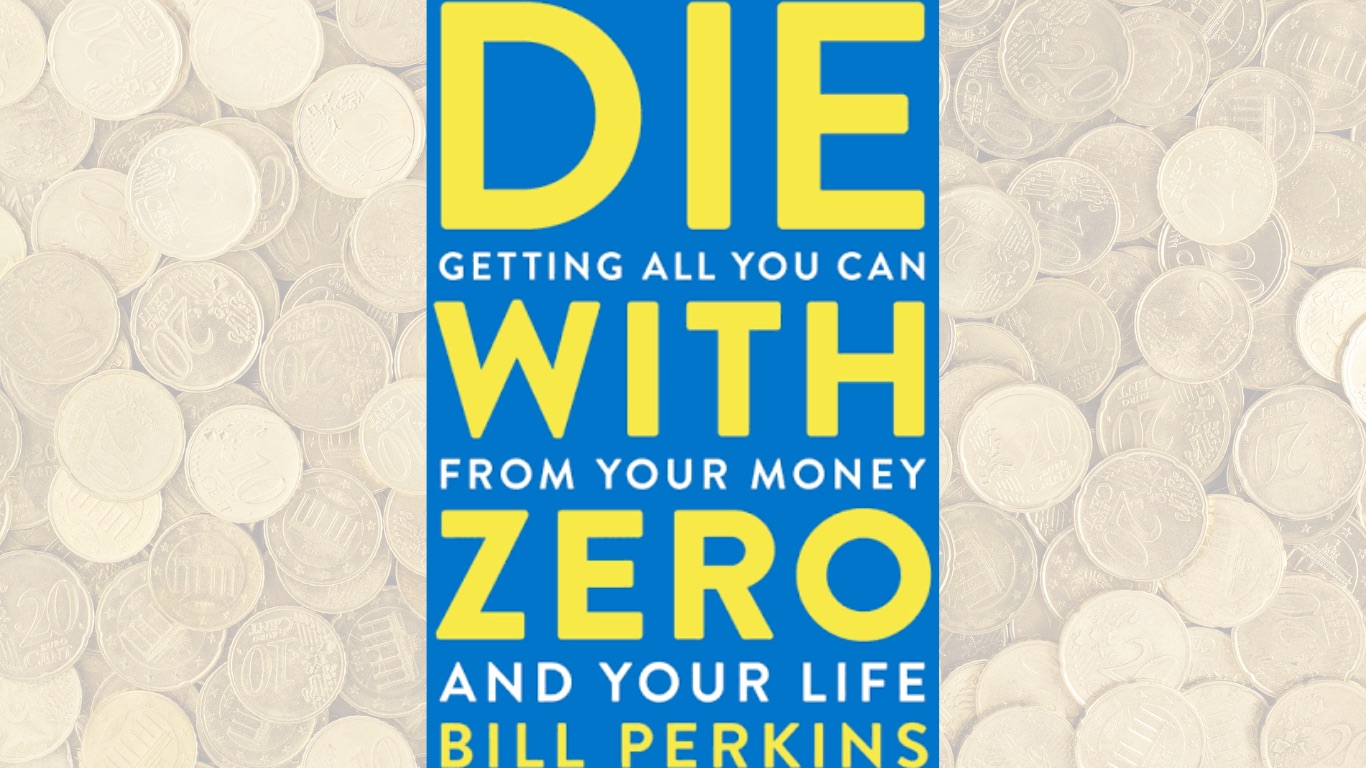“Die with zero” is a book that will challenge most people’s thinking about money. It has some of the key concepts I also see in these books: Your Money or Your Life (Your Money is your life energy) and I will Teach you to be Rich (Spend extravagantly on the things that you love). In the paragraphs that follow, I’ll give you a sneak peek into the most important lessons I picked from the book “Die with Zero”.
Life is about memories
Think about it. What did you do last year? Pause and think. Chances are that you’ll recollect a few memories. At the end of our days, what will stay with us is the memories that we have collected. We hope that when we are 90 (by God’s grace), we can look back and say “I had a good life”.
Experiences yield compounding interest. If you have a good trip or experience, you can reminisce over it for a long time. The earlier you have that experience, the longer you can enjoy its dividends.
Some experiences are better enjoyed when you are young.
You are in better health when you are 30 than when you are 50. So if you want to go skydiving or skiing, you’d better do it as soon as you can.
Talking about death is uncomfortable
Death is a topic that most of us would rather just avoid, and I felt just a bit uncomfortable reading this book. But then, what’s that saying about discomfort leading to growth?
“Too often we… enjoy the comfort of opinion without the discomfort of thought. “- John F. Kennedy
Running out of money
Longevity risk is the risk that you’ll live longer than expected. The fear of running out of money before you die is real. And this often causes some people to spend way less than they can afford to. On a side note, I realize that not everyone has this problem. Some people have spending problems. They spend due to wrong reasons on things that they’ll regret.
How to deal with longevity risk:
- Annuity. You can buy an immediate annuity where an insurance company collects a lump sum amount from you and guarantees to pay you a fixed amount every month/year for as long as you live. There are different kinds of annuity. I will save you the details. You can read more here.
- Long-term care insurance: covers the cost of at-home care, nursing home care, and the likes for people aged 65 or older. The earlier you buy it, the cheaper the cost of the insurance.
This is not financial advice. Of course, you should speak to a financial advisor if you’re considering these.
Is it worth working for 3 years just to get 1 more day of ill health?
“So, instead of engaging in “precautionary saving”, as economists call the practice, I will let the cards fall where they may. We all die sooner or later, and I would rather die, when the time is right than sacrifice my better years, just to squeeze out a few more days at the tail end”.
Die with Zero
I squirmed in my seat when I read this. I understand but still it’s uncomfortable to learn.
Infact, I read a story on Zikoko’s blog post recently. A woman said she’d rather die than let her children become poor taking care of her. That further buttresses Bill Perkins’ point.
Rich in Assets vs Experiences
You see, here is where Bill Perkins’ recommendation clashes with conventional finance advice. Finance gurus will tell you to start early and save as much as you can to yield the benefits of compound interest, while Die with Zero talks about curating your experiences as early as you can.
I guess, each person will have to determine the optimal point – how much to invest in financial assets and spend on experiences that will yield memory dividends.
What of the kids?
Your giving doesn’t have to be done when you’re dead. Some millionaires have already received the memo. They signed the giving pledge and are giving up the majority of their wealth in their lifetime.
Instead of waiting till you’re 80 and your children have gone through the toughest financial struggles, what you want to give to your children and charities, give them as soon as you can. Set up a living trust. That way, it will be more beneficial to the recipient when they most need it.
However, here is a note of warning from Perkins.
“Before you start thinking about spending down your money, you must make sure you have enough to live on for the rest of your life.”
– Die with Zero
Some other key points in the book that I’ve not covered in this review due to space:
– Invest in your health
– Money not spent is life energy wasted
– Know when to stop growing your wealth
“Don’t estimate the risk of inaction. Staying the course instead of making bold moves feel safe, but consider what you stand to lose: the life you could have lived if you had mustered the courage to be bolder.”
– Die with Zero
I hope you have the courage to live intentionally and enjoy worthwhile experiences.
